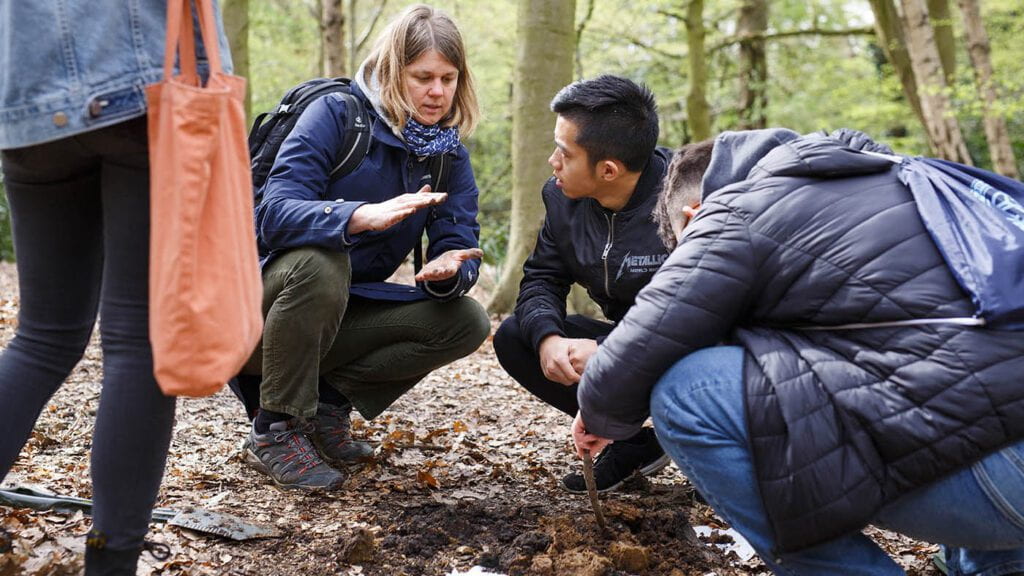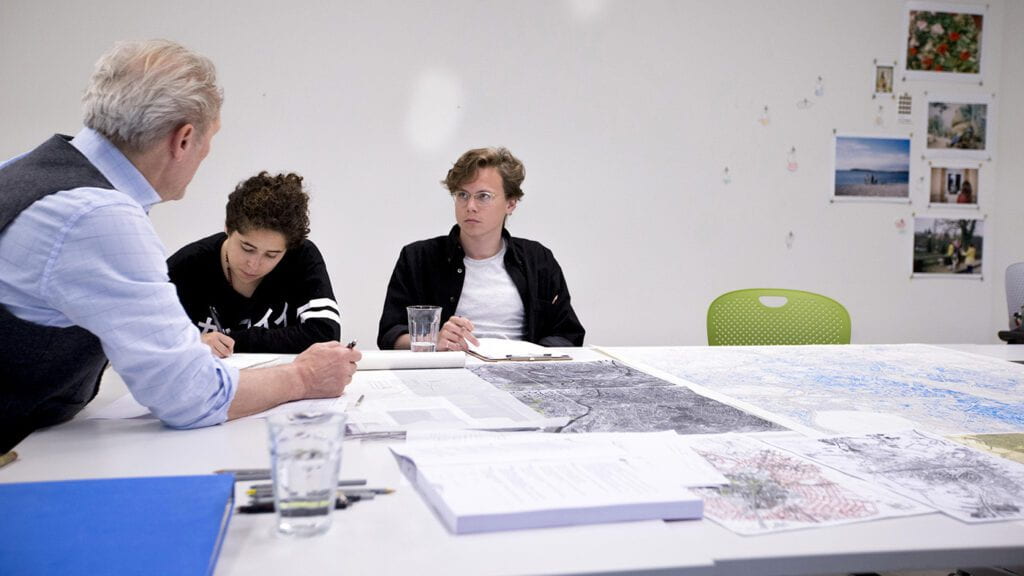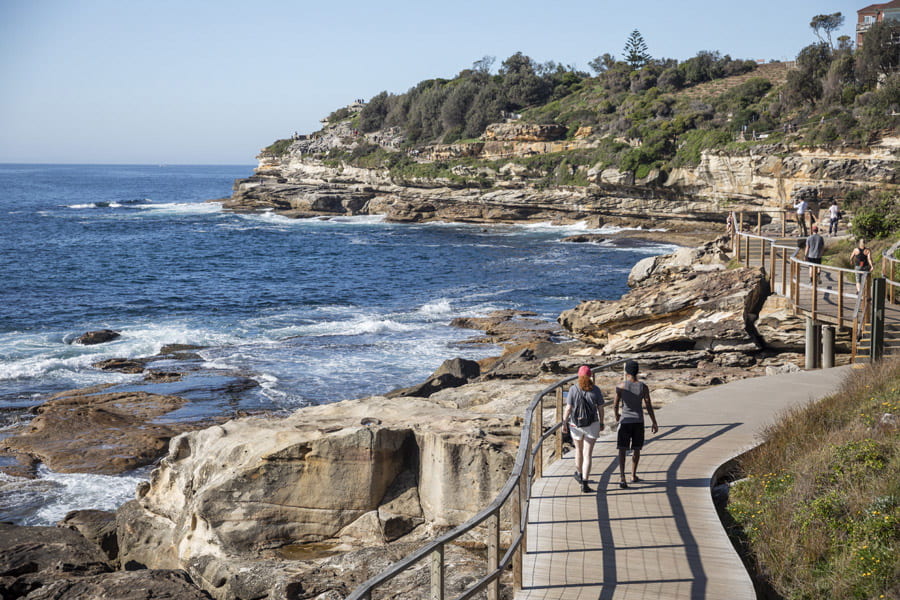NYU global faculty teach a range of courses on environmental studies. At NYU Shanghai, for example, faculty discuss the government’s response to environmental challenges. At NYU Sydney, faculty consider the impact of literature on environmental action. And at other NYU sites, faculty study the evolution of US environmental policy on everything from climate change and invasive species to land management and fracking. Below, we outline several environmental studies courses offered at NYU’s global academic locations.
Finding Your Focus at NYU London
In Dr. Lisa Weber’s Climate Change course, students acquire a multifaceted understanding of climate change while studying in a global center of policy, business, and research. They learn how the climate system works and how human activities influence greenhouse gas emissions. They also explore projections about past and potential future climate change on Earth.
Before her time at NYU London, Mahima Kakani, Class of 2021, was pursuing a Business degree at the Stern School of Business with concentrations in finance and business economics. But after taking Weber’s Climate Change course, she changed her second concentration to sustainable business. “By thinking about how businesses can remain profitable while also doing good, we can contribute to a better environment while creating significant economic opportunities for communities,” she explains.
Mahima was particularly inspired by the class discussions they had on European companies and their response to climate change regulations. For example, her class discussed Airbus’ efforts toward zero-emission flight. After graduation, Mahima hopes to work on sustainability in the private sector.
Exploring Community Activism at NYU Berlin
NYU Berlin lecturer Sigismund Sliwinski teaches a course called Urban Greening Lab, which provides a comprehensive look at Berlin’s urban ecology and approaches to urban planning. In Sliwinski’s course students discuss the intersection of Berlin’s built structure, urban nature, and culture. They also attend workshops and visit local neighborhoods and sites, such as an indoor market called Markthalle Neun, the ufaFabrik cultural center, and an urban farmland called the Princess Gardens, to understand Berlin’s history of urban change along with the processes that turned it into a global green icon.
For Nina Lehrecke, Class of 2021, taking Urban Greening Lab gave her the confidence to pursue a concentration in infrastructural ecologies at the Gallatin School of Individualized Study. The class trips especially influenced her outlook. “It was affirming,” Nina says. “I’m focused on how community-based movements and activism shape cities, and the class was all about visiting alternative communities that are sustainable in some way.”
Witnessing the Effects of Climate Change Up Close at NYU Sydney
Over the years, lecturers at NYU Sydney have taught students how to report on environmental issues in a country directly experiencing the climate crisis. In Australia concerns about climate change and its effects on society can be found in the media every day, as was evident in the case of the wildfires from late 2019 to early 2020. The environmental journalism courses at NYU Sydney—which is scheduled to reopen in its new home this fall after its closure in spring 2020 due to COVID-related border restrictions—help expose students to some of the most important environmental issues of our time.
As part of an environmental journalism course he took while studying at NYU Sydney, Nicolas Mendoza, Class of 2020, learned about the effects of climate change on Australia’s Great Barrier Reef, one of the seven natural wonders of the world. In particular, he learned about the 2016 mass bleaching event that wiped out approximately 30 percent of shallow-water corals.
On a diving trip in Cairns, Nicolas witnessed these effects up close. But he also encountered people trying to save the reef, which gave him hope. “Even though the reef is clearly damaged, the people who are looking after it really do care,” he says. “We’re all there because we want to get some actual experience with these issues so we can try to protect other ecosystems.”
Overall, in their environmental studies courses, NYU global faculty teach students how to address the consequences of climate change and other environmental threats. Their coursework also sheds light on the global activism related to these issues.
Content adapted with permission from NYU Global Notebook by Samantha Jamison


